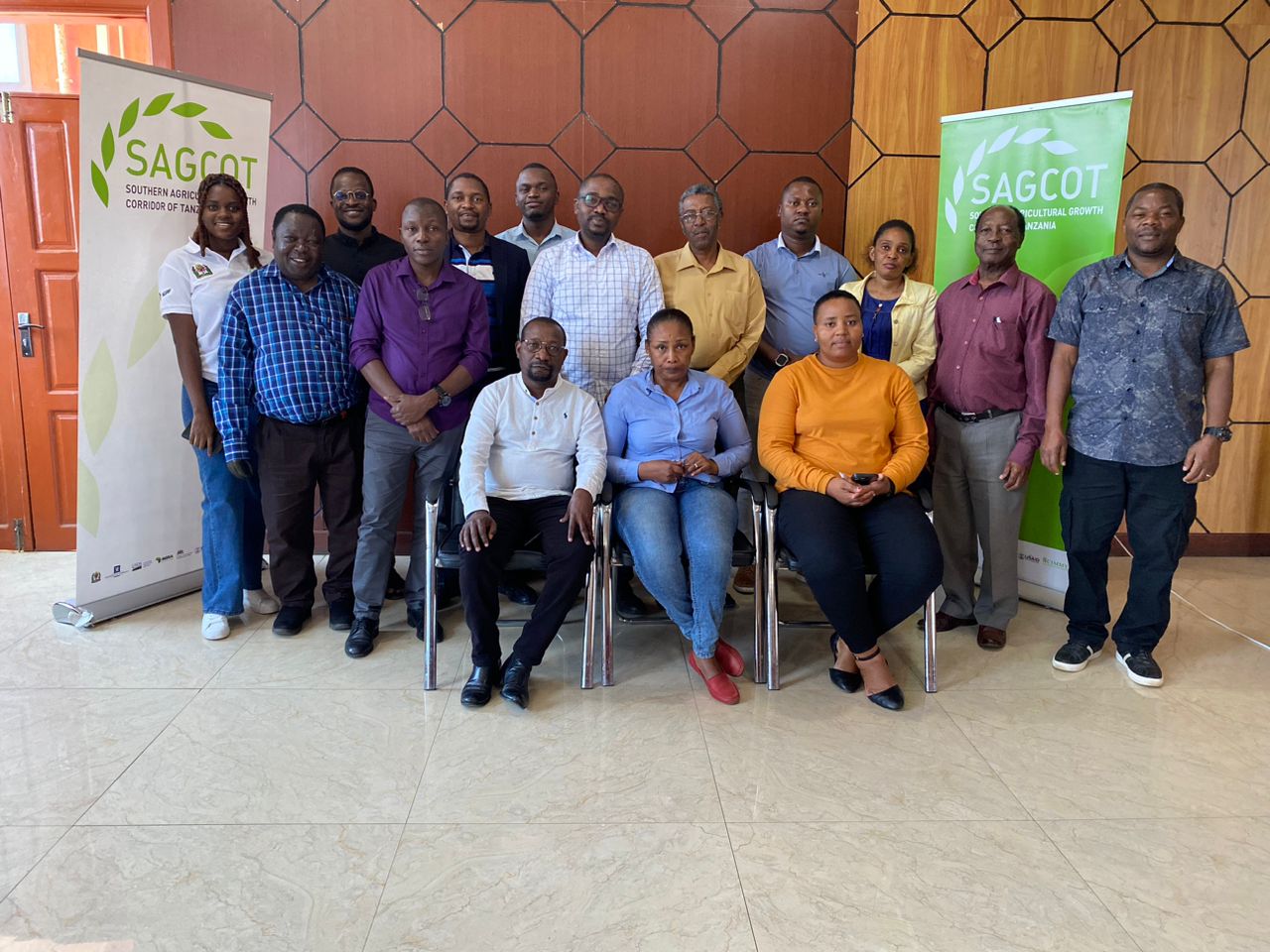“SAGCOT has shown us the way by supporting convenings that formed the poultry stakeholders compact and its executive secretariat committee.”
Morogoro, Tanzania— In a concerted effort to transform Tanzania’s poultry sector, industry experts and key stakeholders convened in Morogoro from July 15th to 20th to formulate the National Poultry Strategy. This pivotal document addresses critical issues related to food security, income generation, and sustainable investment within the poultry subsector.
The new National Poultry Strategy will replace the previous strategy that was in effect from 2017 to 2022. After the expiry of the previous strategy, it became evident that a more comprehensive and forward-thinking approach was needed to address current and future demands. This updated strategy reflects the evolving needs and challenges within the poultry sector and incorporates the latest insights and advancements to drive growth and sustainability.
Poultry farming is important in Tanzania, offering vital food sources and income opportunities to urban and rural communities. Recognizing this significance, the National Poultry Strategy aims to unlock the sector’s full potential through strategic investments and targeted interventions, tackling unique challenges and capitalizing on emerging opportunities.
Notably, The National Sample Census of Agriculture 2019/20 underscores the significance of poultry in Tanzania’s agricultural sector, identifying chickens as the primary source of animal-related income for households. Notably, chickens contribute to over half (53%) of the income from livestock, significantly exceeding the contributions from cattle (32%), goats (10%), pigs (4%), and sheep (1%). With approximately 3.7 million out of 4.7 million agricultural households engaged in poultry farming, the industry plays a crucial role in the country’s employment landscape.
The workshop, hosted at the Morena Hotel, was a collaborative effort led by the Executive Secretariat of Poultry Stakeholders Compact Implementation. It included experts from public institutions such as the Ministry of Livestock and Fisheries, the Ministry of Finance, the Tanzania Livestock Research Institute (TALIRI), and the Sokoine University of Agriculture (SUA). Private sector representatives from AKM Glitters, TanFeeds, the Poultry Association of Tanzania, and the Tanzania Commercial Poultry Association also participated, bringing valuable industry insights to the discussions.
Workshop Highlights:
- Data Review: In-depth analysis of the current state of the poultry subsector.
- Value Chain Analysis: Identification of challenges and opportunities across the poultry value chain.
- Strategy Drafting: Collaborative drafting of key strategy sections, focusing on sustainable practices, market access, regulatory frameworks, and investment incentives.
Poultry farming is crucial in enhancing Tanzania’s food and nutrition security, creating employment opportunities, and reducing poverty. This strategy aligns with the broader objectives of the Southern Agricultural Growth Corridor of Tanzania (SAGCOT), which aims to catalyze substantial investments in the sector. This initiative builds upon ongoing efforts to transform Tanzania’s agriculture sector. The Ministry of Livestock and Fisheries, in collaboration with SAGCOT, is actively developing the Implementation Plan for the Poultry Compact 2024-2028, a comprehensive roadmap to transform the poultry industry and support broader economic development goals.
Addressing Challenges and Seizing Opportunities:
Despite its potential, the Tanzanian poultry sector faces challenges such as low productivity, contrasting with the increasing demand for poultry products driven by health awareness and a growing middle-income population. The National Poultry Strategy is a proactive step towards overcoming these challenges, ensuring that the sector reaches its full potential and significantly contributes to the nation’s development.
The National Poultry Strategy is integral to a broader initiative to transform Tanzania’s poultry sector. SAGCOT, in collaboration with the Ministry of Livestock and Fisheries, is committed to supporting the Poultry Compact 2024-2028 implementation. This comprehensive plan aims to create a thriving poultry industry, recognizing its pivotal role in food security, economic growth, and rural development.
Voices from the Workshop:
Wambura Mathew, Ministry of Livestock and Fisheries: “We are very pleased with the process of establishing this strategy for the poultry sector. It has been a fundamental need for all stakeholders involved. SAGCOT has shown us the way by supporting convenings that formed the poultry stakeholders compact and its executive secretariat committee.”
Dr. John Kaijage, Veterinarian: “This strategy will bring significant changes, reduce poverty, and enable poultry to contribute to the national income. The collaborative efforts of the government and SAGCOT have been crucial in this initiative.”
Edwin Chang’a, Tanzania Livestock Research Institute: “By addressing challenges such as low production and poor quality feed, this strategy will provide lasting solutions to enhance the sector. We thank SAGCOT and the government for their support.”
Khalid Mgaramo, Policy Manager, SAGCOT Centre: “The poultry strategy workshop in Morogoro was a resounding success. We are confident that this strategy will transform the industry, contributing to national income, reducing poverty, and improving food security.”
